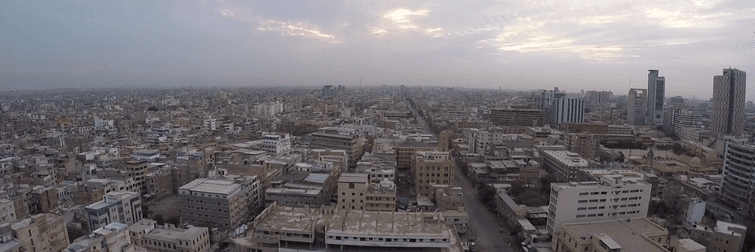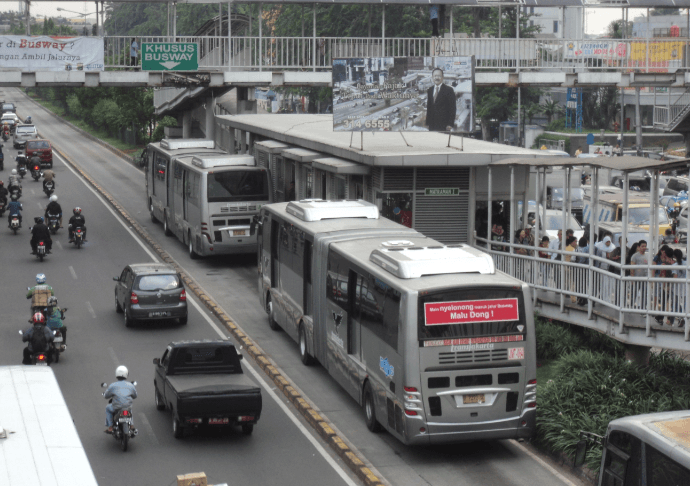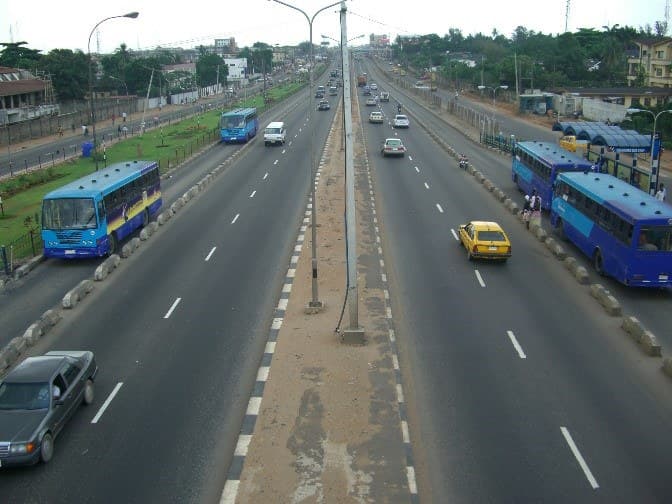
blog: International projects at ITP... not always a walk on the wild side!
Wednesday 29th January 2020
My impression from living in the UK and working mostly abroad is that UK transport professionals, and their clients, think international projects are somehow significantly different to those in the UK. From my experience the similarities outweigh a few key differences.
Let's look at the similarities...
- Politics - often national governments favour large, prestigious transport schemes; wanting them at the right price with the accompanying pressure to keep prices down until all is approved, after which reality can begin to take hold! At the regional, provincial and local level, time is of the essence, with visibility and rapid delivery on the ground being a priority for locally-elected political leaders.
- Traffic - sometimes it can be challenging to take existing road space away from cars to create room for public transport services to run reliably to a schedule. Whilst many people understand how effective public transport systems can positively influence sustainability and our environment; the real / modelled / perceived impacts on already-congested highway networks regularly affects how such interventions are designed and delivered.
- Car ownership culture - this is a universal challenge. It’s deeply embedded in most places across the UK, except perhaps in London. In developing cities and countries, many people aspire to car ownership - with shared taxi use regularly seen as a demonstration of personal status and affluence. Once deeply-rooted, the powerful social and psychological associations people and cultures make with cars are difficult to change. And this is despite the clear evidence that, in densely populated urban areas, a large number of under-occupied private cars are a sub-optimal way of enabling people to get around - doing great harm to local air quality and the environment.
There are differences too...
- Perceptions - Bus and Bus Rapid Transit (BRT) networks are routinely perceived as “large and “prestigious” transport improvements in developing cities and countries, whereas in the UK we tend to view them as poor relations to a tram.
- Financing - funding can be less of an issue when you have international funding agencies like the World Bank and Asian Development Bank eager to invest in developing economies. With the NHS, education, and social care sectors facing financial pressures, and an ageing population increasing demand for essential services, it feels more difficult to allocate money to transport projects in the UK.
- Infrastructure - developing cities and countries tend to have a clear focus on improving their infrastructure – often evident through flyovers, underpasses, elevated bus-ways – which have become less common in the UK in recent times. This focus reflects the infrastructure deficit evident in many developing cities, with the infrastructure that is present often based around highway-led options that can't meet the demand for travel of rapidly growing urban populations.


Internationally, ITP's team tends to work on huge projects that will impact transport systems and people across an entire city, whereas in the UK we usually find ourselves looking at really specific elements of the transport system in greater detail. Both of these facets of our projects bring benefits in their own right.
The large-scale international projects let us think in a ‘big picture’ way, exercising our holistic muscles and making sure we think about how different groups of society are impacted by the transport investment decisions our clients take. Increasingly, these projects have much in common with ITP's work with planning and transport authorities, who we help to identify optimal locations for major strategic housing and employment growth based on their ability to strengthen existing patterns of movement and deliver transformative sustainable transport improvements.
Getting more in-depth on other UK projects allows us to develop our understanding of a range of, sometime pretty niche, subjects - everything from Blue Badges to pedestrian behaviour and Workplace Parking Levies. The differences and similarities between the projects that ITP's team works on are some of our main strengths as a business, with the knowledge we gain from each one invariably improving our approach to others.
To find out more about the work we're involved with overseas and to read more blogs from ITP's International Month, check out the news section on our website!
